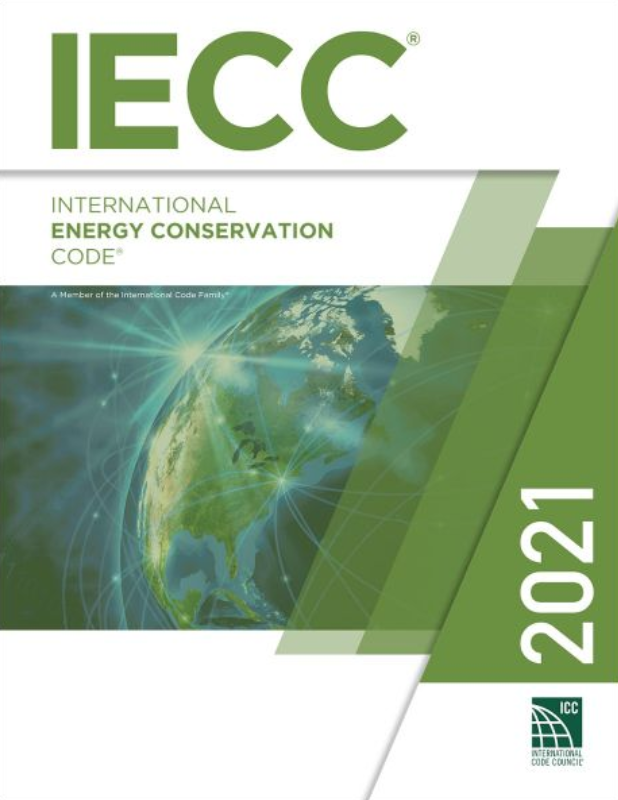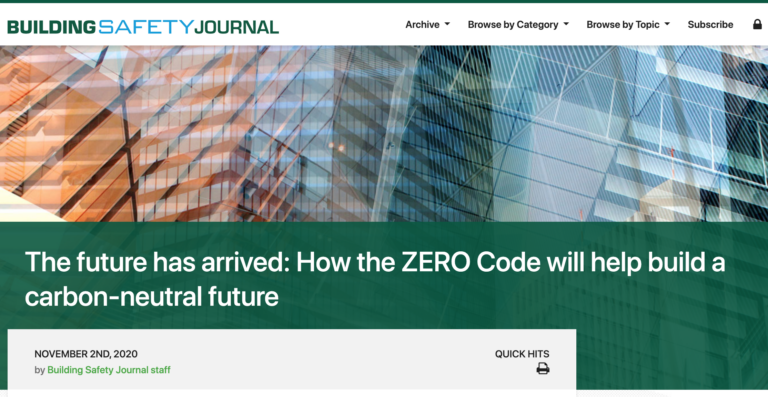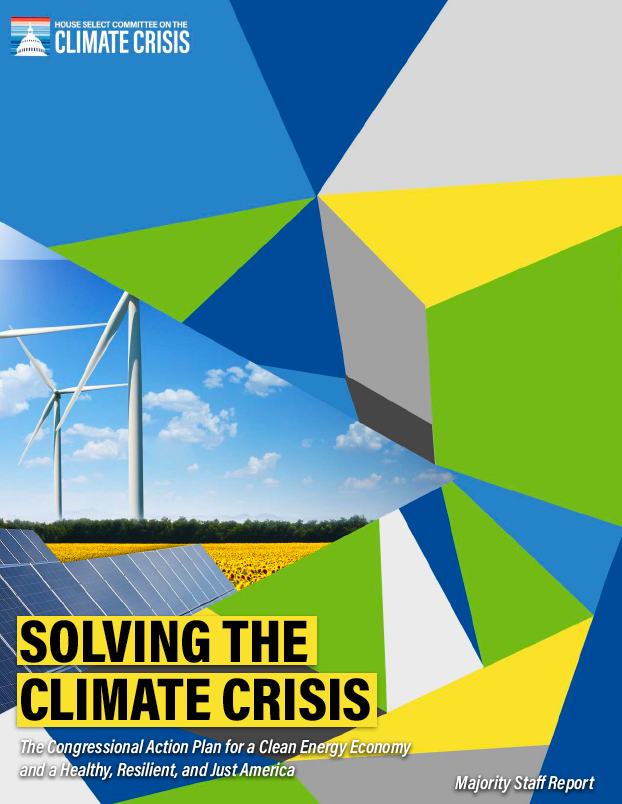The Zero Code
ZERO CODE NEWS
March 2021
The Zero Code Renewable Energy Standard has been included in the 2021 International Energy Conservation Code (IECC) as Appendix CC: Zero Energy Commercial Building Provisions. The addition of this appendix to the IECC empowers local communities to take action on climate change through building codes. Jurisdictions that adopt the Appendix can make zero-net-carbon the standard for their commercial, institutional, and mid- to high-rise residential building operations.
November 2020
The Zero Code Renewable Energy Standard has been included in IECC 2021 as the voluntary guideline Appendix CC: Zero Energy Commercial Building Provisions. The Zero Code and accompanying Renewable Energy Standard was developed with several green building organizations such as Architecture 2030, and submitted for consideration into the latest IECC by AIA. The Zero Code requires new commercial, institutional, and mid- to high-rise residential buildings to install or procure enough renewable energy to achieve zero-net carbon.
November 2020
By creating coalitions and lobbying elected officials to adopt a “zero code” — a nationally vetted framework for designing buildings that create zero net emissions — architects are working with communities to advocate for codes that make existing buildings more energy-efficient, reduce the embodied carbon of building materials and ensure new construction produces zero net emissions.
October 2020
To reduce carbon dioxide (CO2) emissions, architects are looking beyond their own projects to make a greater difference in a new way—with building codes.
June 2020
The House Select Committee on the Climate Crisis report “Solving the Climate Crisis: The Congressional Action Plan for a Clean Energy Economy and a Healthy, Resilient, and Just America” calls for incentivizing jurisdictions to immediately adopt a net-zero-emission code based on the Zero Code Renewable Energy Appendix of the 2021 IECC.
June 2020
Architecture 2030’s Achieving Zero policy is a framework for eliminating emissions from the building sector.
May 2018
New building code establishes the first global energy-efficiency standards for zero-net-carbon construction.







